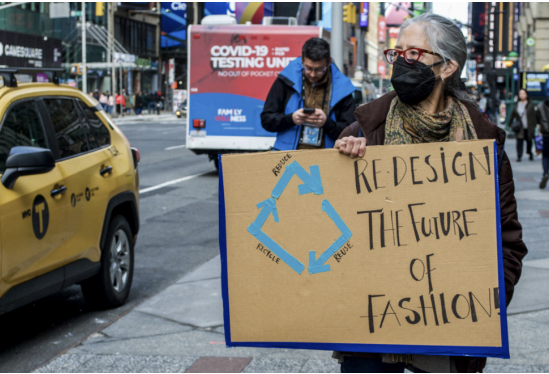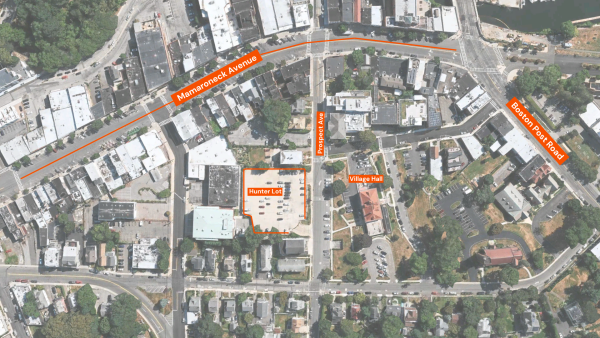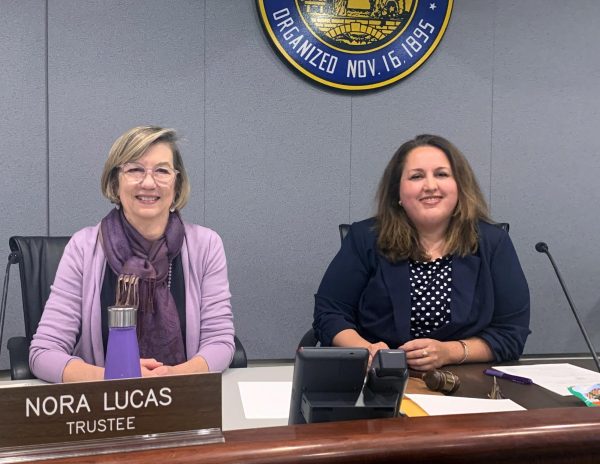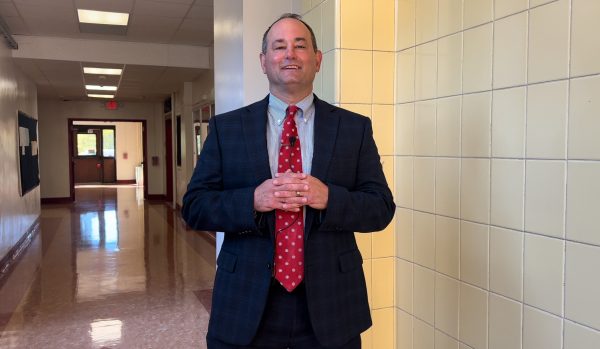New York Legislation Paves the Way for the Sustainable Fashion Industry

PHOTO CURTESY OF NYCITYLENS.COM
Protesters gather in NYC to show support for the Fashion Sustainability and Social Accountability Act.
June 28, 2022
As seniors approach college, many find it vital to buy new clothes. However, in today’s climate crisis, the overconsumption of clothing is fueling the fast fashion industry and simultaneously hurting the environment. In a recent report by BBC News, it is estimated that the average American throws out 81 pounds of clothing each year, for a country-wide annual total of 14 million tons. Additionally, big businesses in the fashion industry are doing everything from giving workers low wages to emitting huge quantities of greenhouse gasses to ship out clothes more cheaply and quickly. However, New York’s “Fashion Sustainability and Social Accountability Act” could be a turning point in combating these issues. New York State Senator Allesandra Biaggi and Assemblywoman Anna R. Kelles will propose the bill in winter 2022. If passed,large corporations in the fashion industry would be held accountable for their effect on the climate and treatment of workers.
Under this legislation, every large corporation from Shien to Prada would now be required to map out their supply chain to be evaluated for environmental effects. By doing this, companies would be forced to acknowledge the areas in which they are affecting our climate the most. “Companies being transparent is the way to go” Eco-Reps Co-President Annisa Tan (‘23) says. Tan, along with Co-President Kendall Yoon (‘23), believes that the first step to turning the corner in textile waste and the fashion climate crisis is through holding companies accountable. As part of the bill, corporations in NYS which abide by these rules would be published on a list. More importantly, however, those who would not agree to map out their process would be advertised, on a state level, as an extremely inferior company to purchase from. Even if the bill is not passed, Yoon and Tan agree that the act is a good signal to businesses that New York is starting to pay more attention to the climate crisis.
“I think many consumers are demanding this change right now, hence the fashion industry’s shift,” says MHS AP Environmental Science Teacher Sophia Andrews. Andrews is extremely familiar with the bill, along with the trends of the fashion industry over the past years. She believes that, although the “Fashion Sustainability and Social Accountability Act” is a step in the right direction, it may not accomplish real change. Although Andrews acknowledges that this bill is a crucial turning point in an industry known for its increasingly negative effects on the climate, she believes that it may be extremely difficult to put this bill into effect. Andrews explains that there is powerful hidden opposition to the legislation that could prevent its passage. The fashion industry is very powerful, and if large industries do not want this bill passed, they will do everything in their power to stop it. Corporations that have a lot to hide in their textile process may reject the bill completely, as it would tamper their companies’ reputations and sales.
Yoon, Tan, and Andrews all agree on one thing: they want the bill to be passed. “We, as a school, need to remember where all of our clothes come from when we buy them, and more importantly, the impact we have on the climate when we throw them out shortly after,” says Tan. In the eyes of Yoon, Tan, and Andrews, this bill will allow students, teachers, and families throughout New York State to recognize how the fashion industry contributes significantly to climate change. More importantly, they argue, the bill would be a key factor in diminishing our carbon footprint, and securing the future of the environment.

















